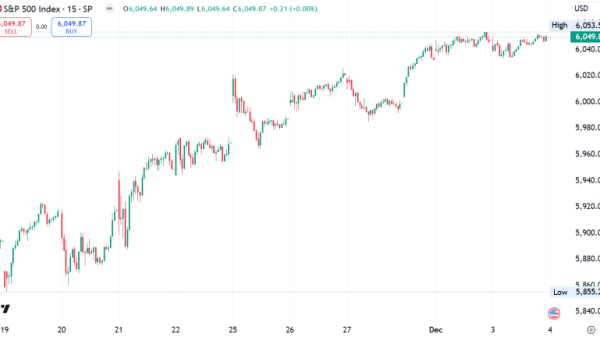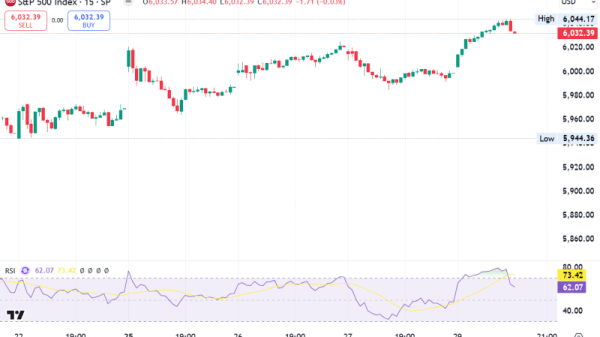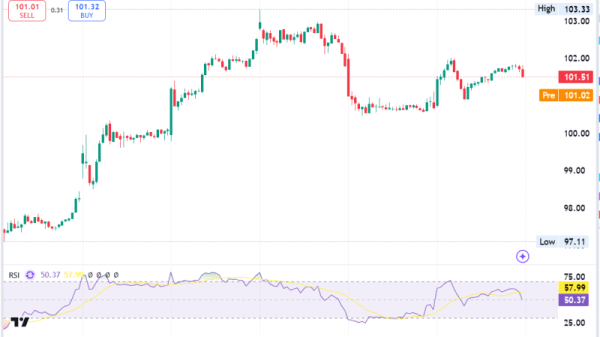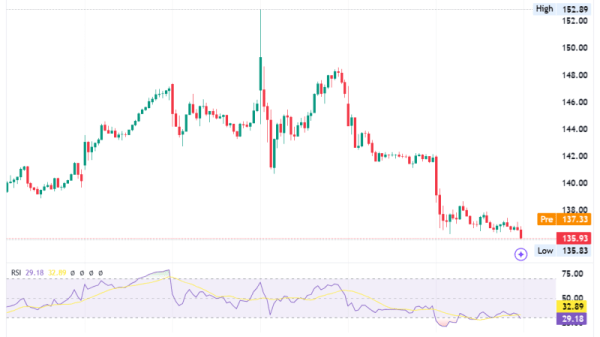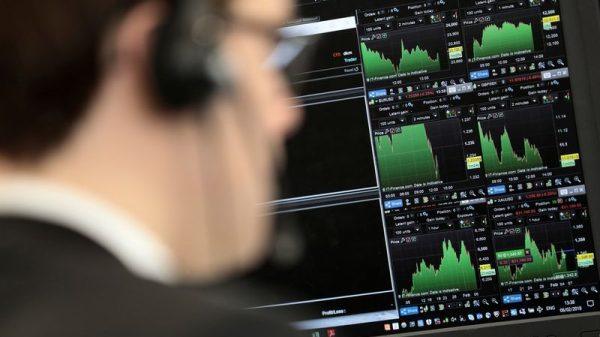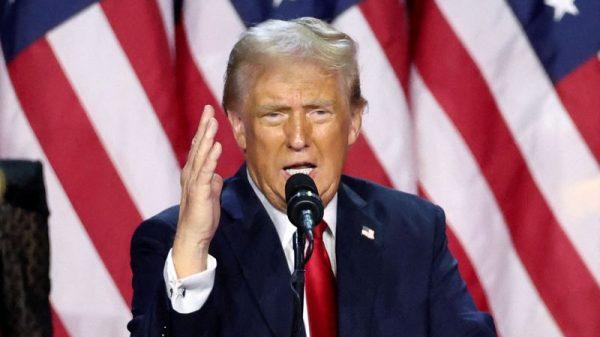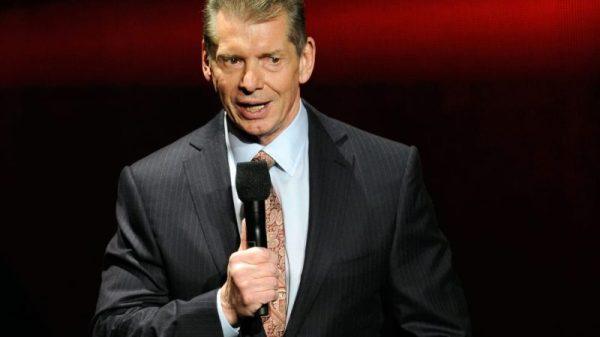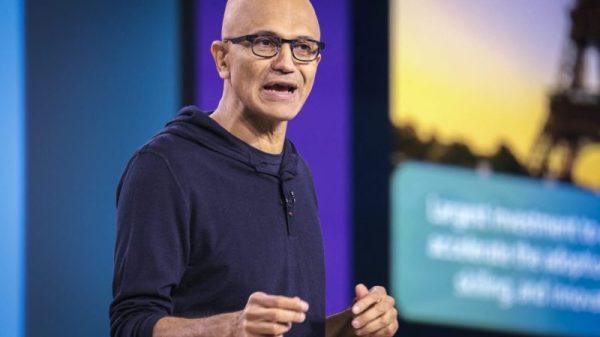Investing.com – President-elect Donald Trump has vowed to impose tariffs of as much as 10% on global imports into the US and 60% on items coming from China, as well as a 25% surcharge on products from Canada and Mexico.
Many investors, who initially welcomed the prospect of looser regulation and tax cuts during a second Trump term in the White House, have raised concerns that the tariffs could reignite inflationary pressures, strain government coffers, and ultimately limit the space for Federal Reserve policymakers to roll out more interest rate cuts.
Minutes from the Fed’s December meeting released earlier this week showed that staff at the central bank were uncertain about the impact of Trump’s plans for sweeping import tariffs and mass deportations on inflation.
Fed officials were particularly worried that a recent cooling in price gains may be impacted by Trump’s policy changes, flagging that the process of inflation easing down to the Fed’s eventual target of 2% “could take longer than previously anticipated.”
These fears, coupled with the rate-setting Federal Open Market Committee already having slashed interest rates by a full percentage point in 2024, persuaded some members to opt for a “careful” approach to further reductions this year, the minutes said.
Following the release, bets that the Fed would choose to leave borrowing costs unchanged at its next couple of upcoming meetings were bolstered, with the first drawdown now not forecast until May at the earliest.
The wider uncertainty in markets was heightened on Wednesday after CNN reported that Trump is mulling declaring a national economic emergency in order to provide the legal underpinning for the tariffs. Earlier this week, Trump also denied a separate report that his team was mulling scaling back the levies to cover only critical goods.
It is not the first time Trump has taken an adversarial stance in international trade policy. During his previous tenure in office, Trump kicked off a tit-for-tat tariff spat with China in 2018 over what his administration perceived as unfair trade practices.
But in a note to clients, analysts at UBS led by Matthew Mish argued that Trump’s latest tariff plans could be bad “on net” for global credit activity.
“The environment for credit heading into ‘Trump 2.0’ is very different than in 2017: spreads are materially tighter, global growth is expected to slow, and sensitivities to inflation shocks are more elevated,” Mish wrote. “The set-up in 2025 is more akin to 2018, with little cushion in spreads for tariff or geopolitical shocks.”
Mish added that while defaults on borrowing should “remain largely stable” in the US, slowing growth and refinancing needs should push up defaults in the European Union.
“Tariffs and geopolitical tensions likely to impact EU credit more than US.” Mish said.

